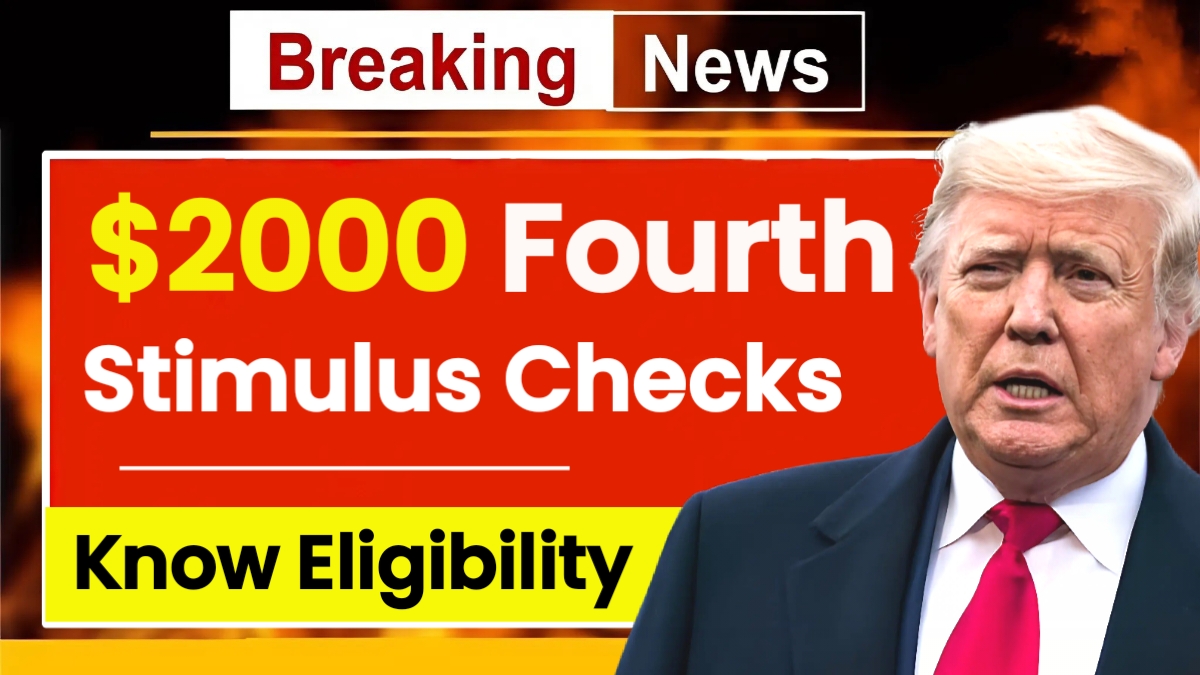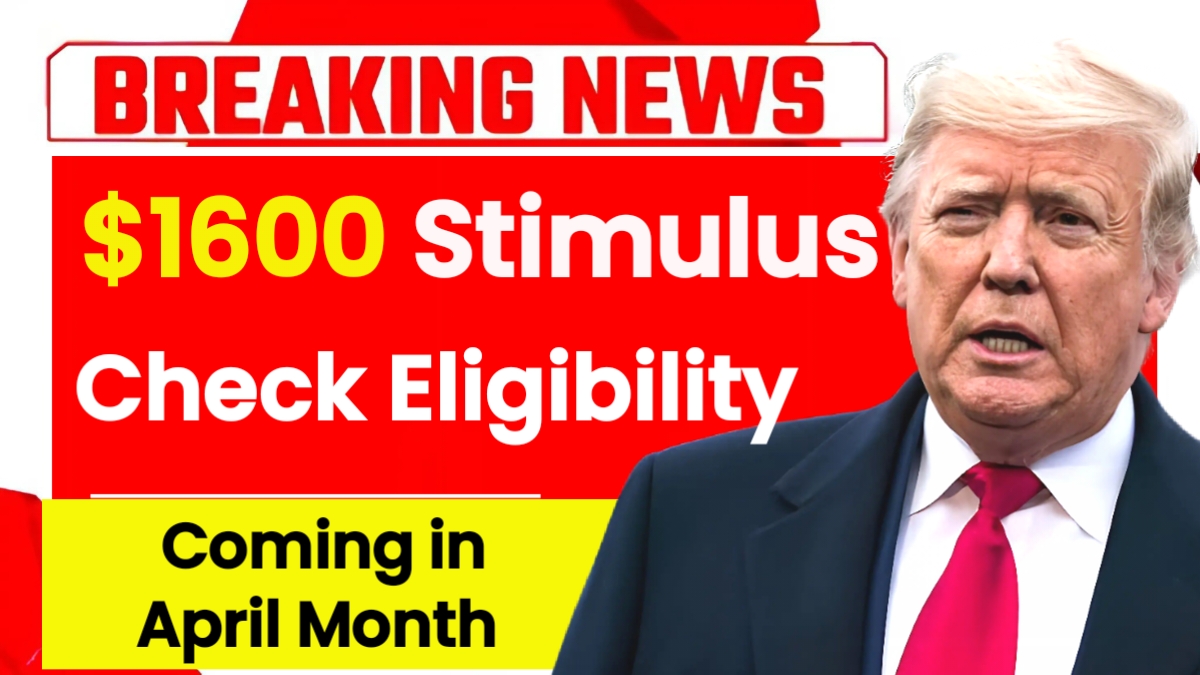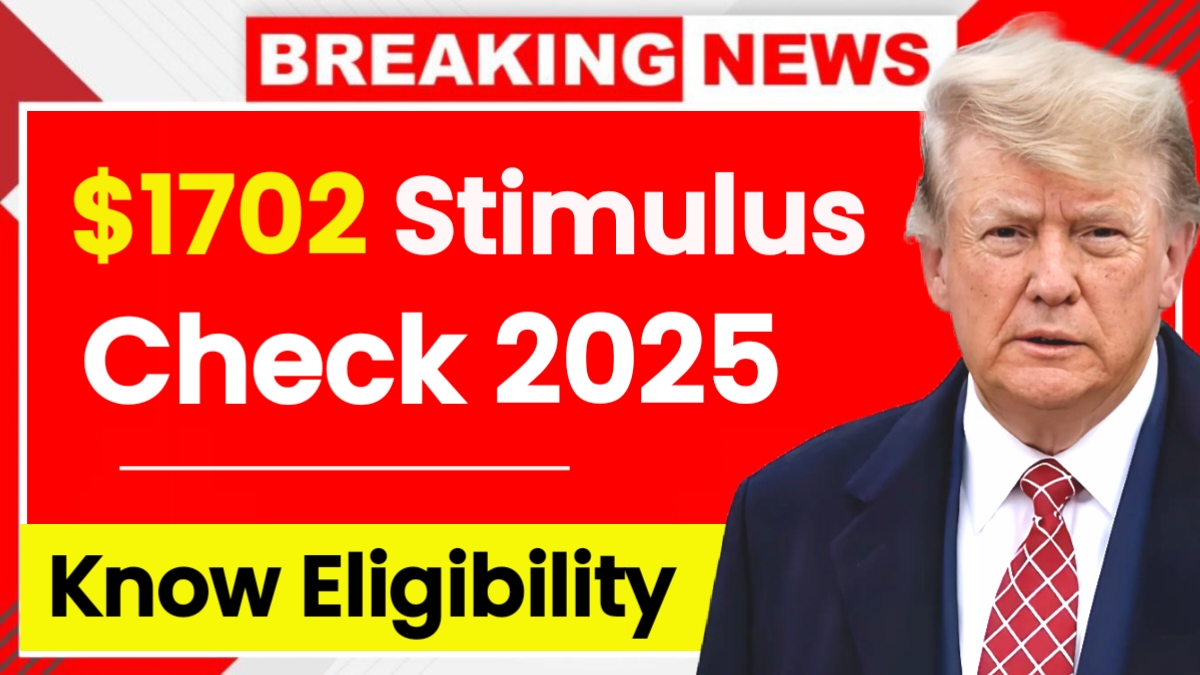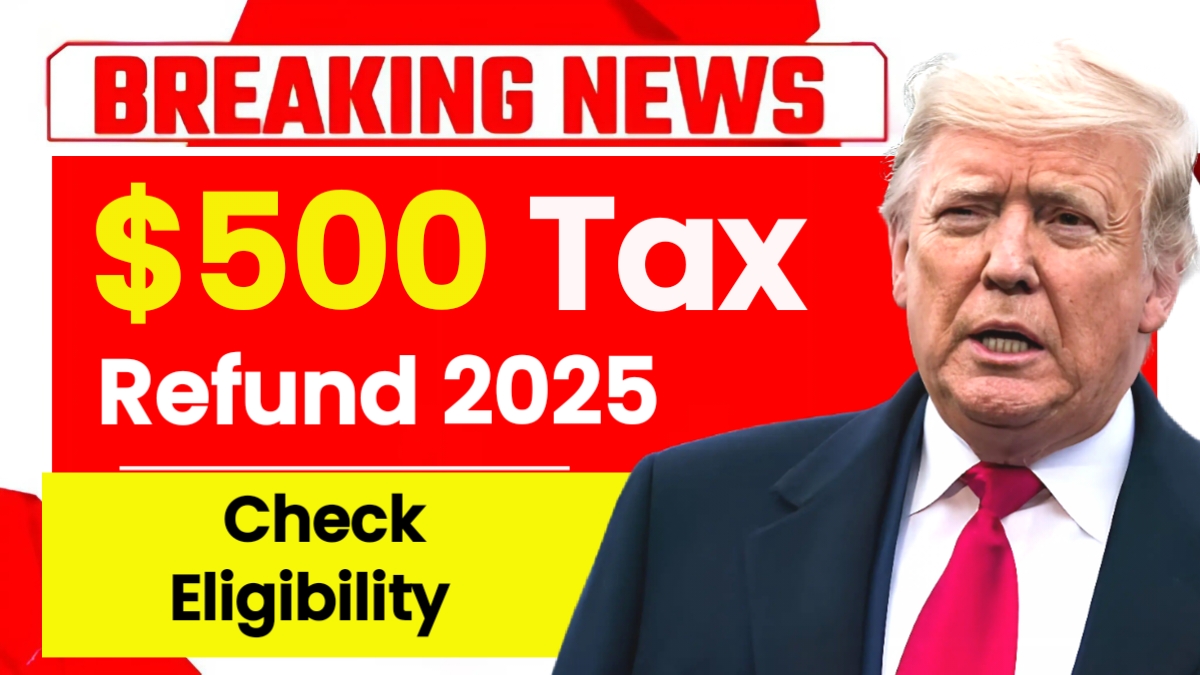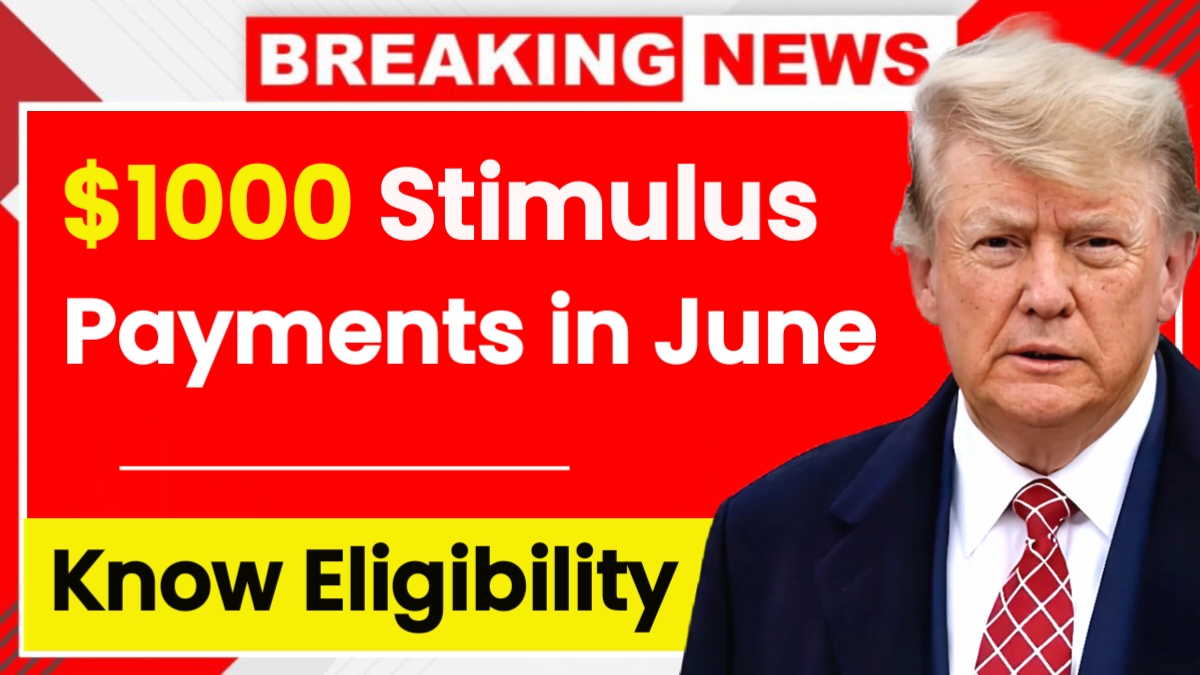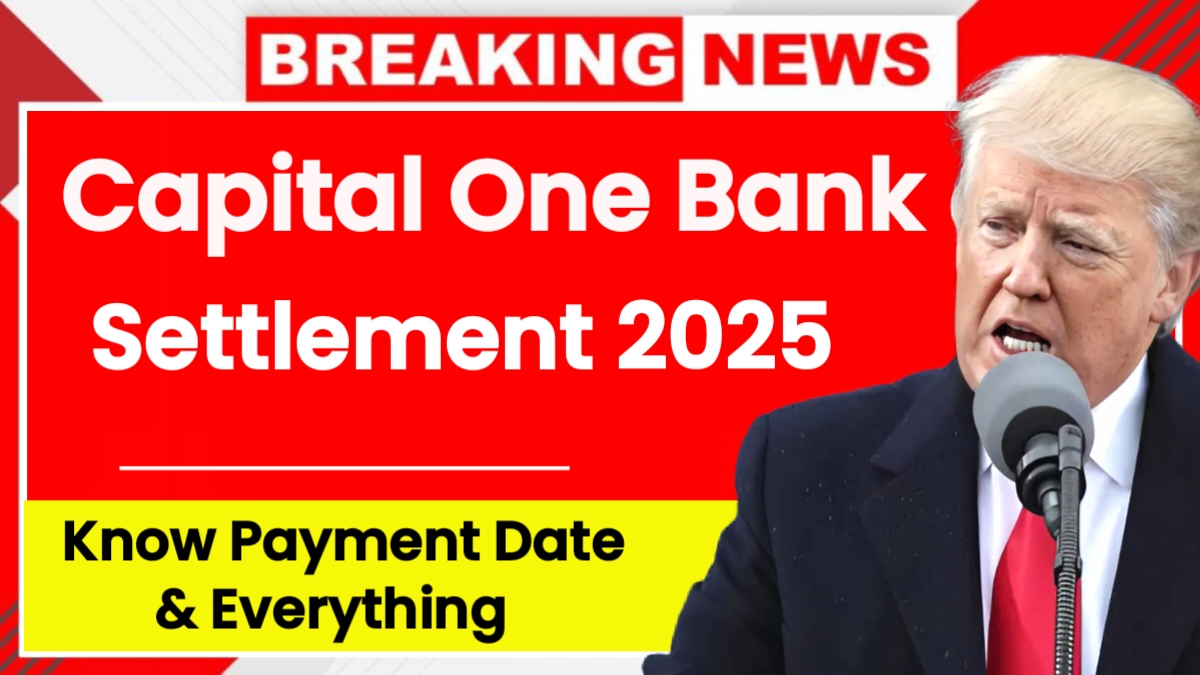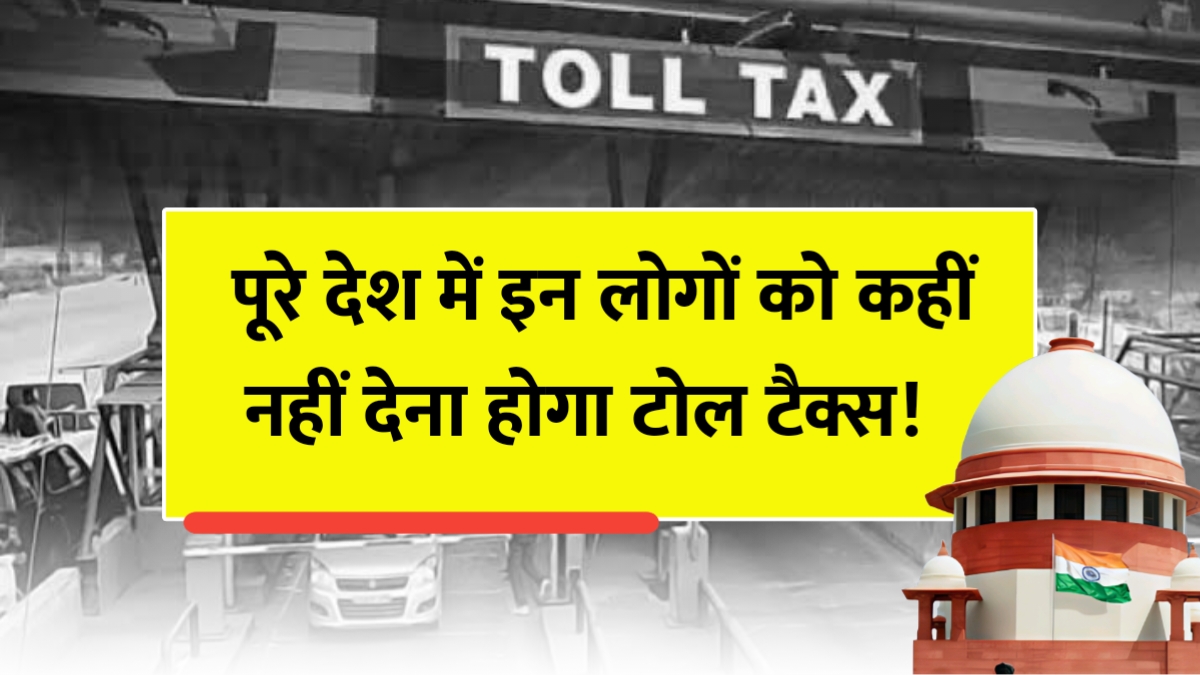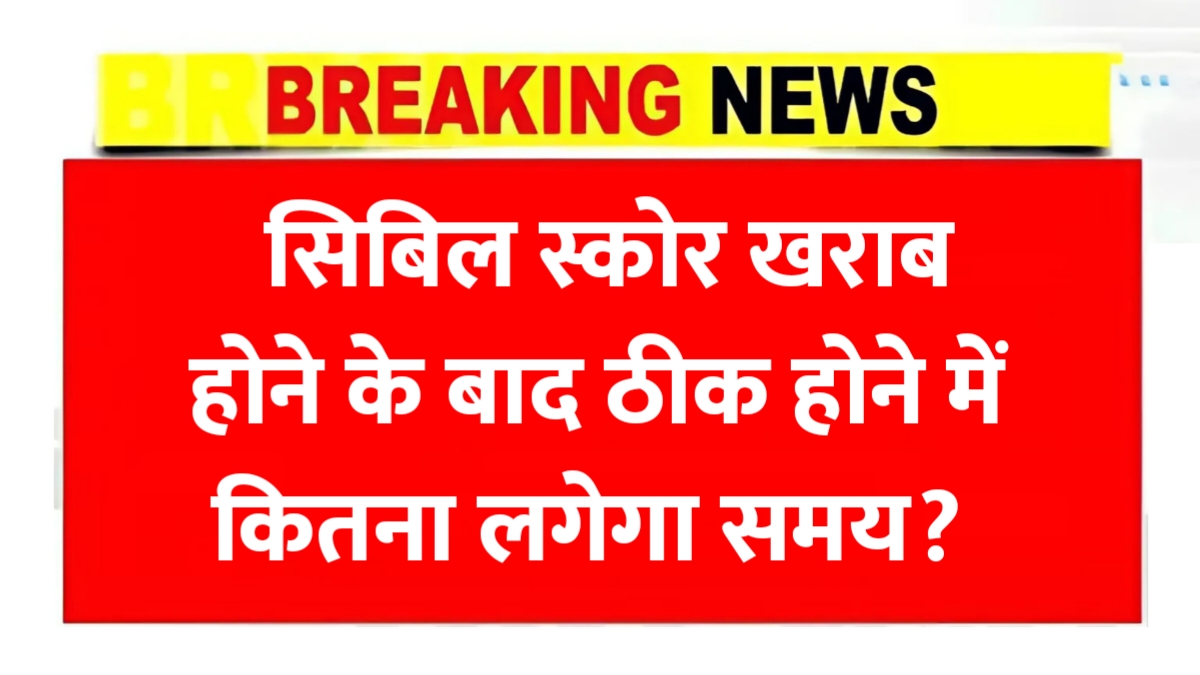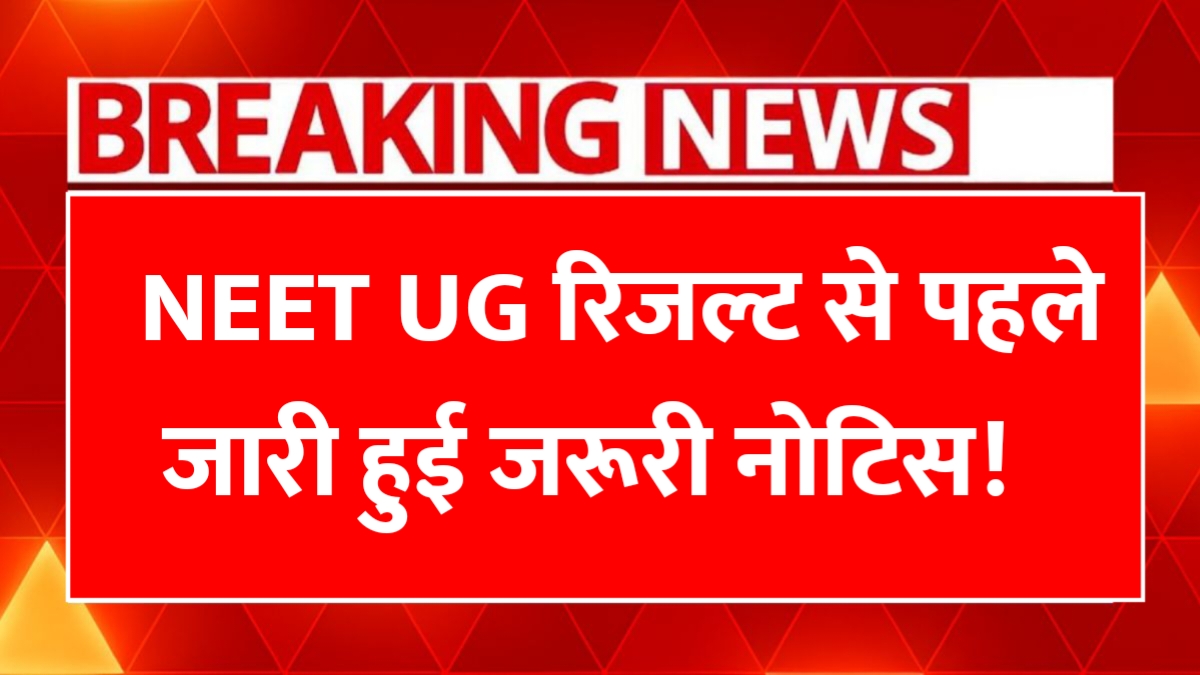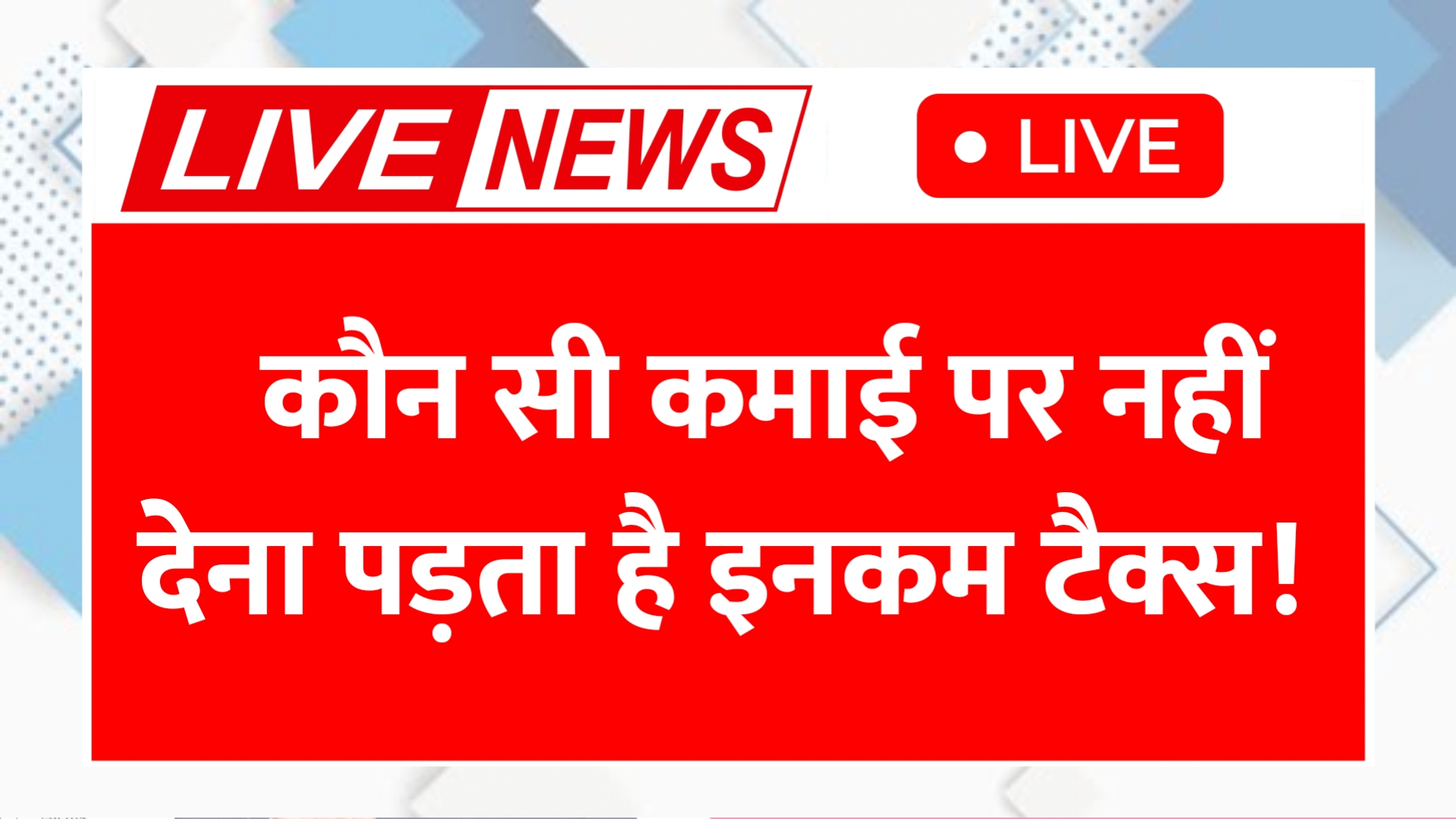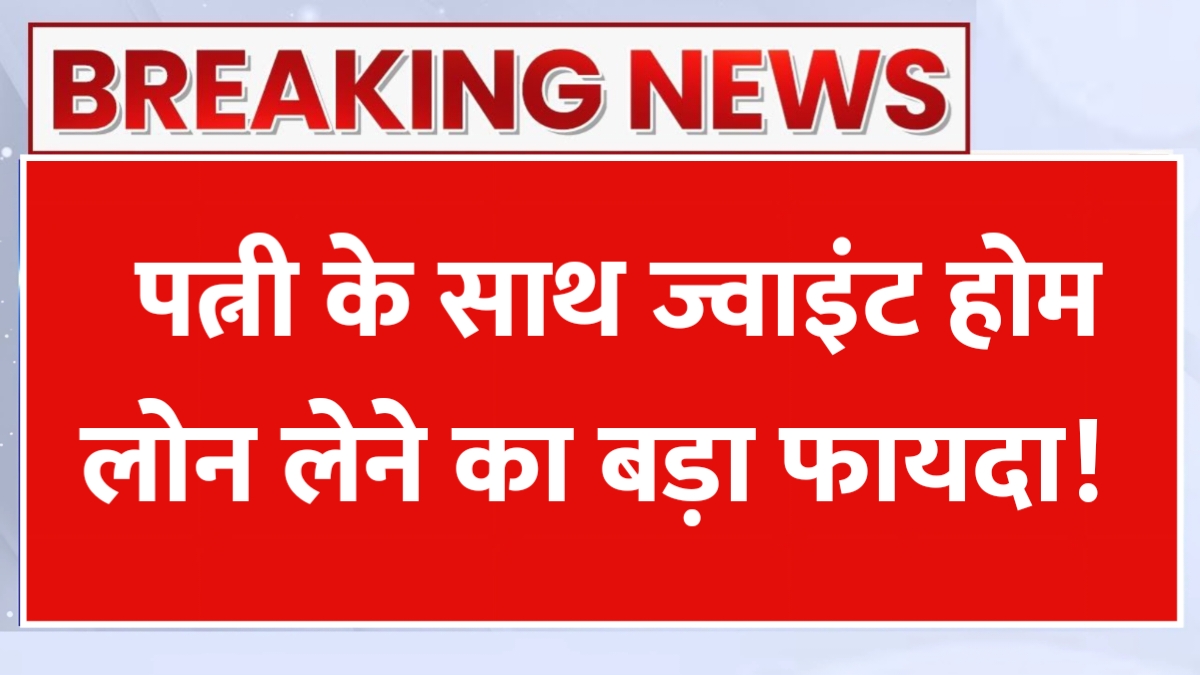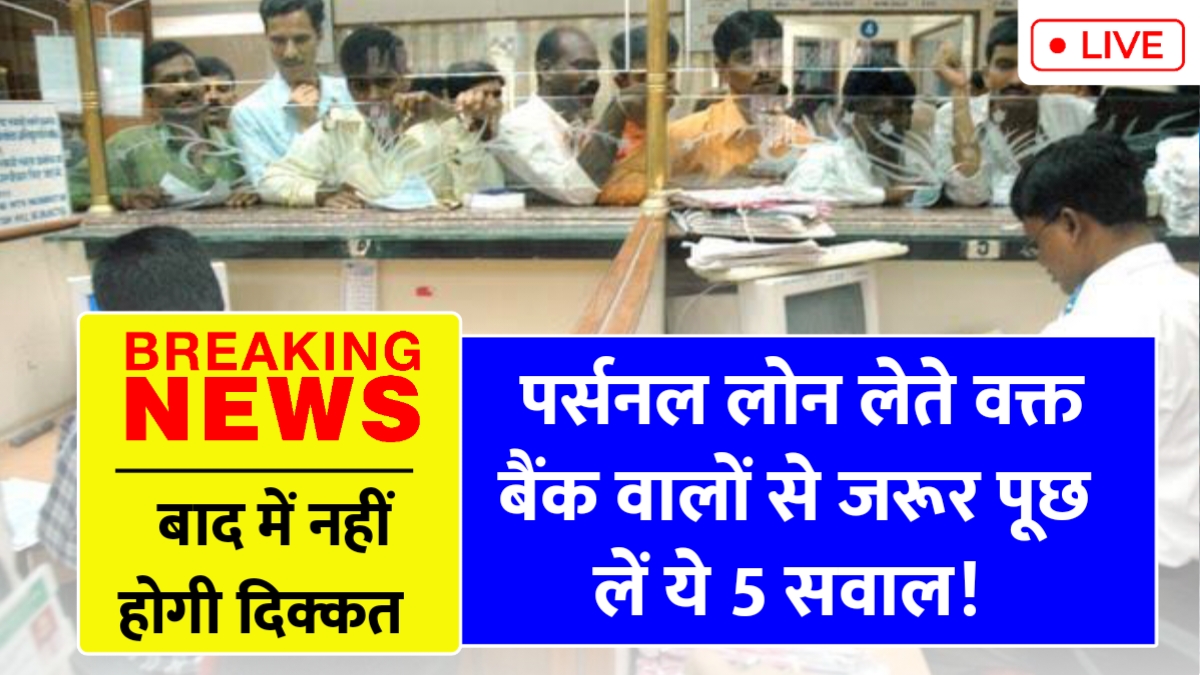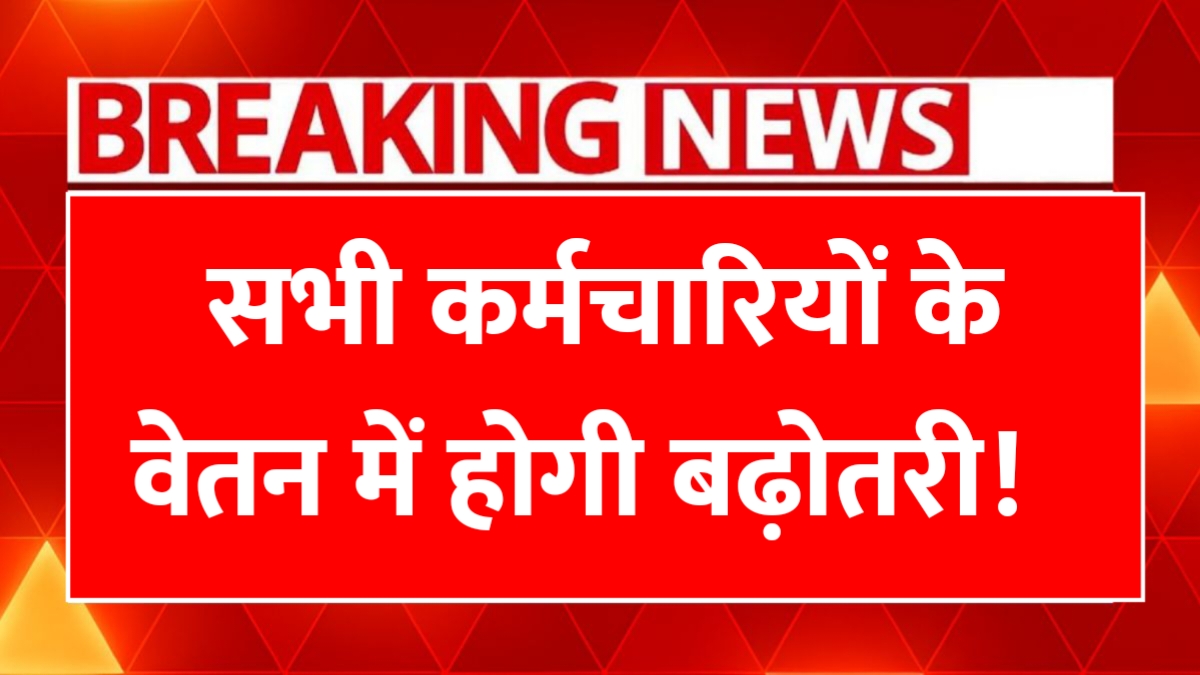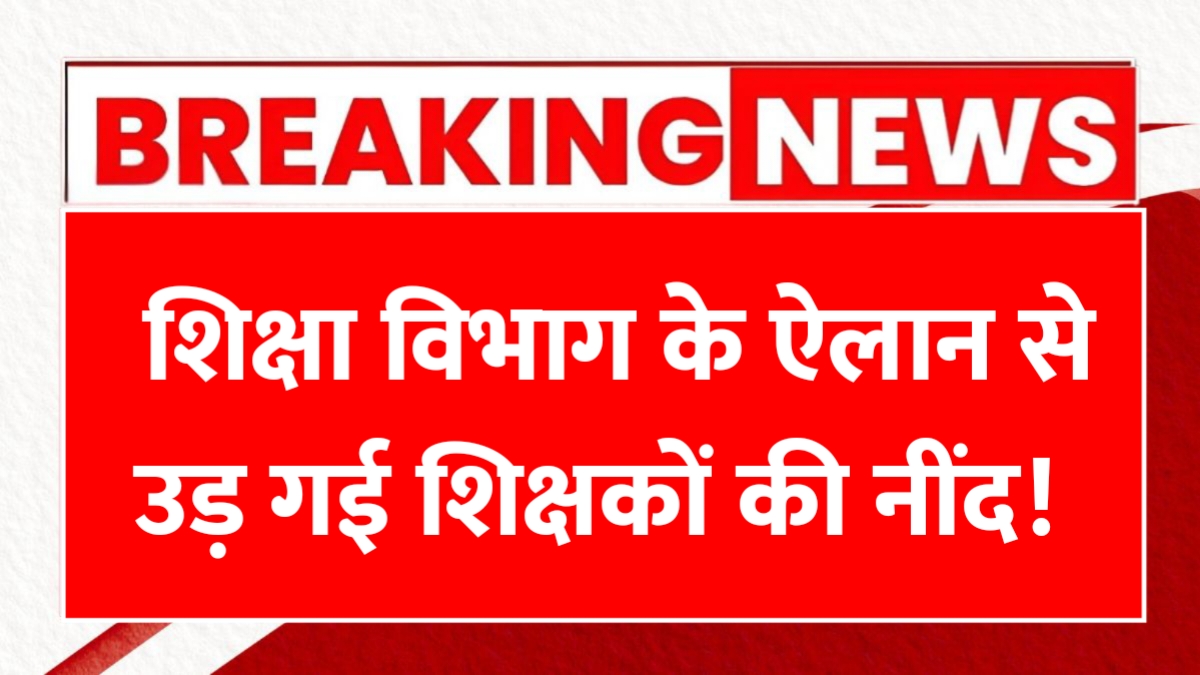$2000 Fourth Stimulus Checks 2025: As families across America continue to struggle with rising prices for everyday goods and services, conversations about a potential fourth stimulus check have gained renewed attention in Washington. The proposed $2,000 payment comes at a time when many households are finding it increasingly difficult to manage their monthly expenses due to persistent inflation and economic uncertainty. Unlike the previous three stimulus checks that were directly tied to the COVID-19 pandemic and its immediate economic impacts, this new proposal is being considered as a broader response to ongoing financial hardships that many Americans face in their daily lives.
Where the Proposal Currently Stands
At this moment, the fourth stimulus check remains nothing more than a discussion topic among lawmakers and policy makers. No official legislation has been introduced or passed by Congress, and the federal government has not made any concrete commitments regarding this potential relief measure. The proposal exists primarily in the early planning stages, with various politicians and advocacy groups pushing for consideration of direct payments to help Americans cope with the continuing economic pressures. While public interest in such a program remains high, the actual path to approval and implementation remains unclear and uncertain.
Who Might Qualify for Payments
If Congress eventually approves a fourth stimulus check program, the eligibility requirements would likely mirror those used in previous relief efforts. Based on preliminary discussions, qualifying individuals would include United States citizens and permanent residents who meet specific income thresholds. Single taxpayers earning less than $75,000 annually and married couples filing joint returns with combined incomes below $150,000 would probably be eligible for the full payment amount. Additionally, recipients of Social Security benefits, disability payments, and other federal assistance programs would likely qualify automatically, similar to how previous stimulus programs operated.
How Payments Would Be Distributed
Should the stimulus program receive approval, the Internal Revenue Service would handle the distribution process using the same methods employed during the pandemic relief efforts. Recipients with direct deposit information already on file with the IRS would receive their payments electronically, which typically represents the fastest delivery method. Those without banking details would receive traditional paper checks mailed to their registered addresses. Some recipients might also have the option to receive prepaid debit cards as an alternative payment method. The IRS would use existing tax return information to determine eligibility and calculate payment amounts for each qualified individual or family.
Alternative Support Programs Available Now
While waiting for potential stimulus approval, Americans facing financial difficulties can explore several existing assistance programs that provide immediate relief. The Child Tax Credit continues to offer monthly or annual payments to families with qualifying children, helping to offset childcare and living expenses. The Supplemental Nutrition Assistance Program helps low-income households purchase necessary food items. Various state and local housing assistance programs provide rent relief and eviction prevention services. Unemployment benefits remain available for those who have lost jobs or experienced reduced work hours, offering temporary income support during difficult periods.
Timeline and Future Expectations
The realistic timeline for any potential fourth stimulus check remains highly uncertain and dependent on numerous political and economic factors. If lawmakers eventually introduce and pass legislation, distribution could potentially begin in late 2025 or early 2026, though this represents an optimistic scenario. Many variables could affect this timeline, including Congressional priorities, budget considerations, and changing economic conditions. Americans should continue monitoring official government communications through the IRS website and other reliable sources for accurate updates rather than relying on speculation or rumors circulating on social media platforms.
Staying Prepared and Informed
While the future of a fourth stimulus check remains uncertain, individuals and families can take practical steps to position themselves for potential benefits. Keeping tax information current with the IRS, maintaining accurate banking details, and staying informed through official government channels will help ensure smooth processing if payments are eventually approved and distributed.
Disclaimer: This article provides information based on current discussions and proposals regarding a potential fourth stimulus check. No official legislation has been passed, and no payments have been approved by Congress or the federal government. Information about eligibility, amounts, and timelines represents speculation based on previous programs and current discussions. Readers should verify all information through official government sources and should not make financial decisions based solely on this content. Always consult official IRS communications and government websites for the most current and accurate information.
